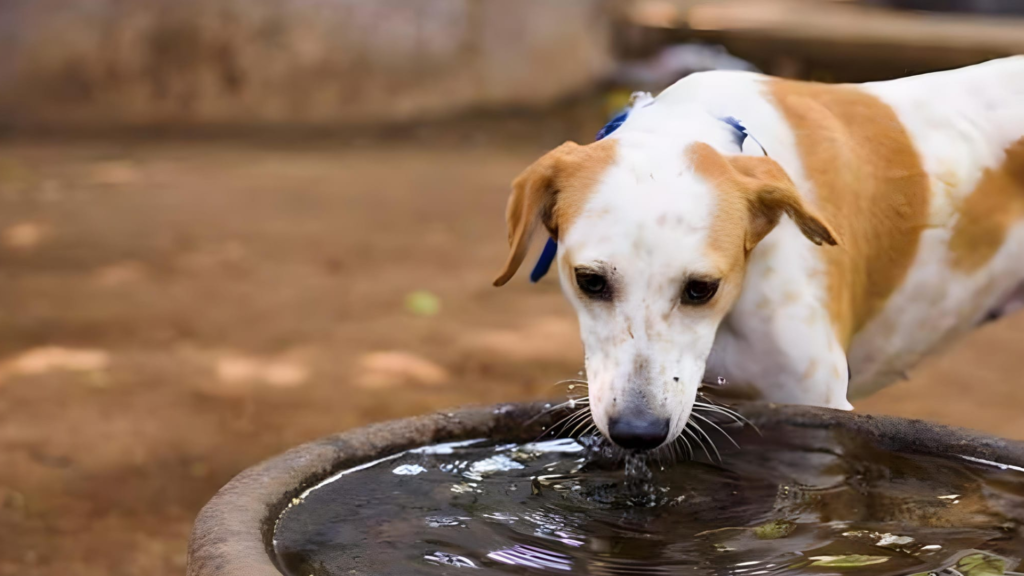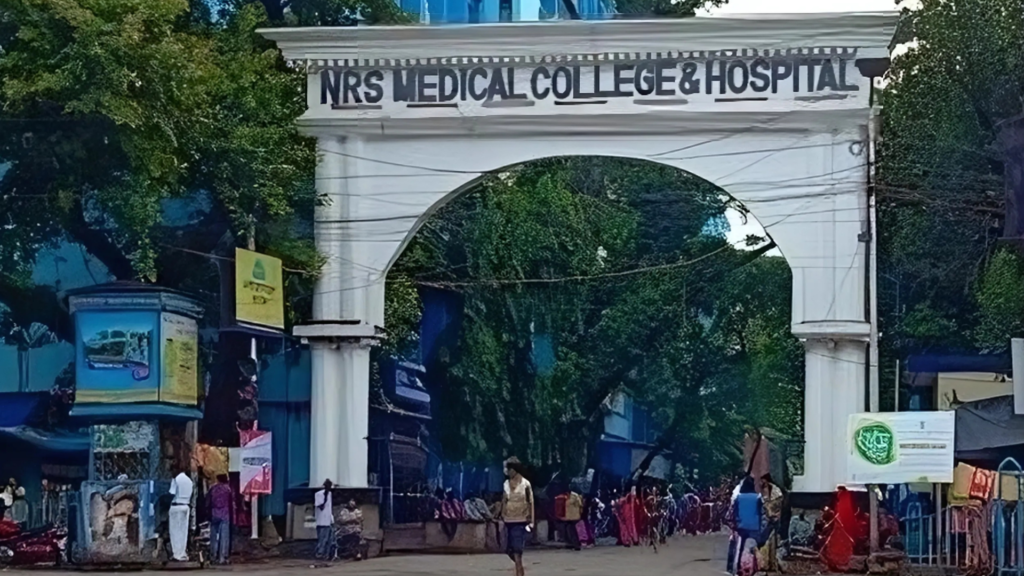State govt issues SOP for feeding stray dogs
November 29, 2024 2 min read

In response to a Calcutta High Court observation on feeding street dogs, the state Urban Development and Municipal Affairs Department issued a memorandum, dated November 25, outlining standard operating procedures (SOP) for feeding strays in all municipal areas of the state, excluding those under the Kolkata Municipal Corporation (KMC), which has its own SOP, issued in May.
The guidelines specify that feeding community dogs must take place only at “designated areas” during two specific time slots—once in the morning, i.e., before 7 am and once in the evening, i.e., after 7 pm, and for about two hours each.
Local civic authorities should designate suitable areas within each ward for caregivers to feed the dogs. These areas should not be near children’s play areas, walking paths or crowded spaces, and must not obstruct roads or walking paths in front of buildings.
The SOP also includes recommendations on the appropriate food for dogs and the items to avoid.
Foods to give
- Non-vegetarian food: Meat cuts not ordinarily consumed by humans, such as chicken feet and goat lungs, and fish parts usually thrown away as garbage.
- Vegetarian food: A mixture of soft-cooked rice, chapati, small chunks of boiled potatoes and a small amount of vegetable oil or ghee in water.
- Meat cuts need to be cooked correctly for puppies and older dogs.
- The correctly cooked cuts can be combined with rice and served as a high-protein meal.
- Dogs can be given bones to chew.
- Adding a pinch of haldi (turmeric) to the rice makes for a mouthwatering meal.
- Canned dog food and packed meals either soaked in water or with boiled rice, is another option
- Arrangement for sufficient water in clean water bowls at designated places.
Foods to avoid
- Chocolate, as theobromine causes a significant increase in blood pressure in dogs
- Caffeine, as it has qualities comparable to those found m chocolate
- Dairy items, as dogs are lactose intolerant
- Sweetened snacks, as they contain xylitol, which can lead to life-threatening consequences like acute liver disease and blood clotting issues
- Onion and garlic, as they can cause stomach irritation and, in severe situations, red blood cell destruction
- Alcohol (not even the tiniest amount)
- Berries, such as grapes, raisins and cherries. Cherries contain xylitol.
Disposable plates or any paper, including newspapers, should be used to serve the food, which can later be disposed in nearby trash cans.
“Moreover, feeding must not be done in a manner that contributes to littering, or dirtying any feeding site,” says the directive. The “caregivers or feeders” are also advised to “to clean up feeding sites after feeding is over for maintaining hygiene”.
Additionally, the memorandum warns that feeding dogs outside the designated areas could result in penalties under laws prohibiting improper disposal of solid waste.





































